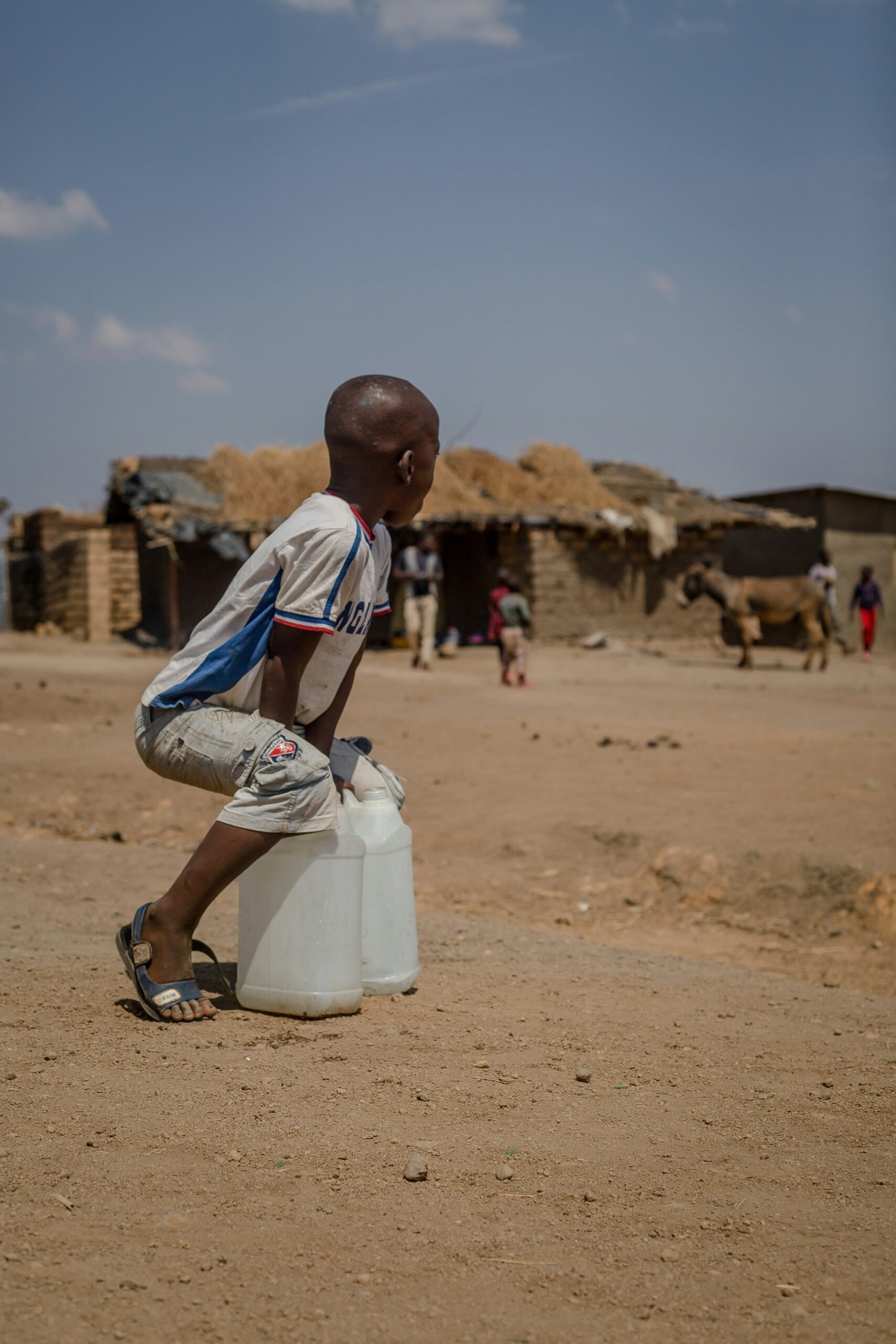
A devastating cholera outbreak in the refugee camps of Sudan is causing a severe health crisis, with thousands affected and many lives lost as the region grapples with ongoing conflict and limited access to essential resources.
Overview of the Outbreak
The cholera epidemic has rapidly spread through the refugee camps in western Sudan, particularly around Tawila in Darfur, following violent clashes and massive displacements. The disease was first detected in the nearby village of Tabit in early June and quickly moved to the camps, overwhelming the already scarce medical facilities.
Key Facts
- As of July 30, the cholera outbreak has resulted in at least 80 deaths and 2,140 infections across Darfur.
- Over 640,000 children under five in North Darfur are at risk, according to UNICEF.
- Doctors Without Borders (MSF) has established a 160-bed cholera treatment center in Tawila, with plans to expand due to the increasing number of cases.
Challenges in the Camps
In the camps of Tawila, residents like Mona Ibrahim rely on boiled water mixed with lemon, a rudimentary treatment for cholera, due to the lack of medical supplies. The camps, primarily made up of makeshift shelters, lack adequate sanitation facilities, and residents often have to use contaminated natural water sources.
Humanitarian Efforts and Obstacles
The ongoing conflict between the Rapid Support Forces (RSF) and Sudan’s army has severely hindered aid delivery, with humanitarian convoys frequently blocked. Despite these challenges, organizations like MSF are striving to manage the outbreak by providing medical care and attempting to educate the population on basic hygiene practices. However, the scale of the crisis and the fighting has significantly limited their reach and resources.
Impact of the Rainy Season
The annual rainy season threatens to exacerbate the situation by potentially increasing water contamination. Health workers fear that the upcoming months could see a surge in cholera cases if preventive measures are not effectively implemented and if the conflict continues to restrict humanitarian access.
Looking Ahead
The international community is urged to increase its support to Sudan as the country faces one of the world’s largest displacement and hunger crises, according to the UN. Effective intervention is crucial to prevent the further spread of cholera and to address the broader humanitarian needs of the hundreds of thousands living in dire conditions in Sudan’s refugee camps.


